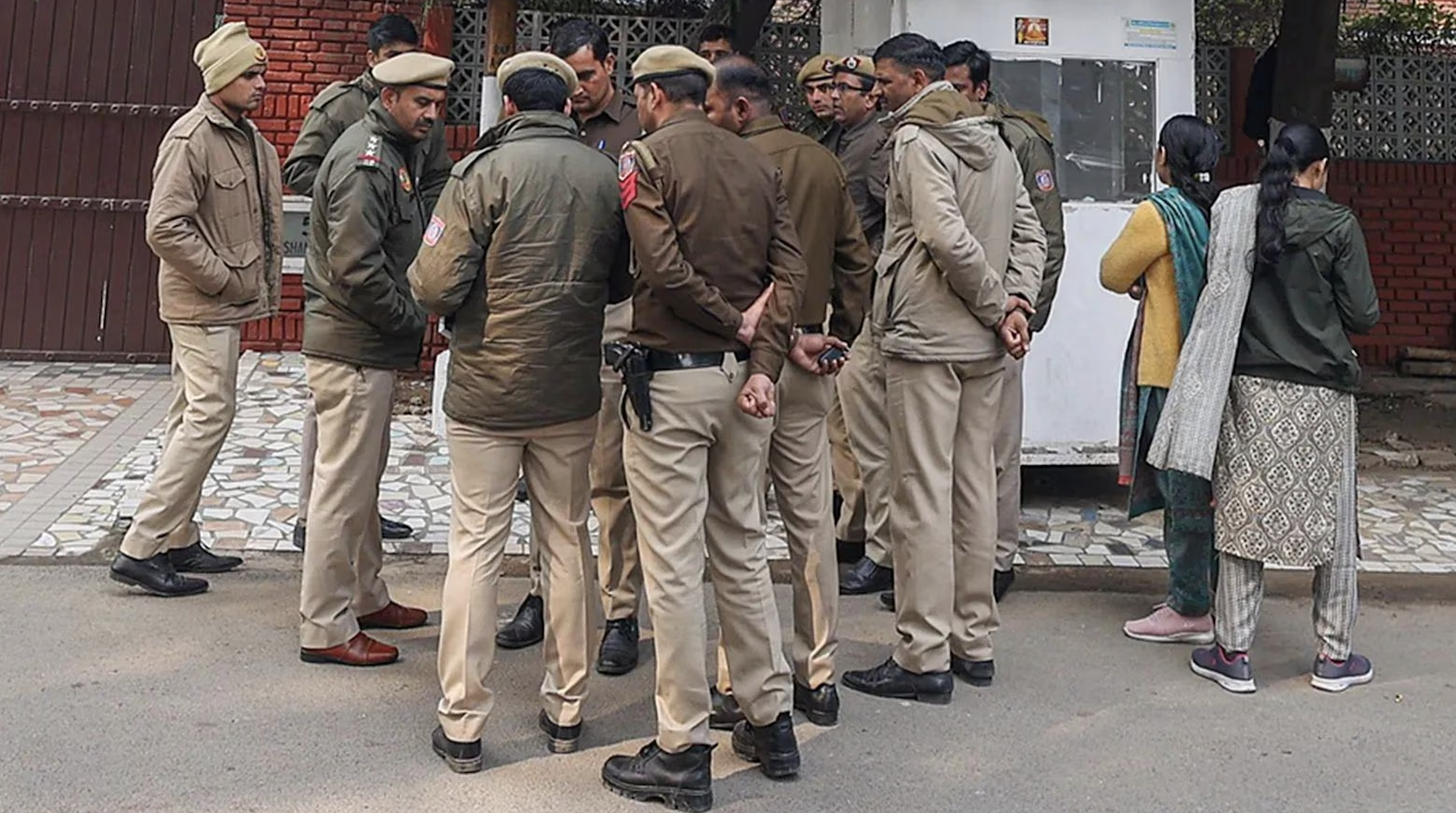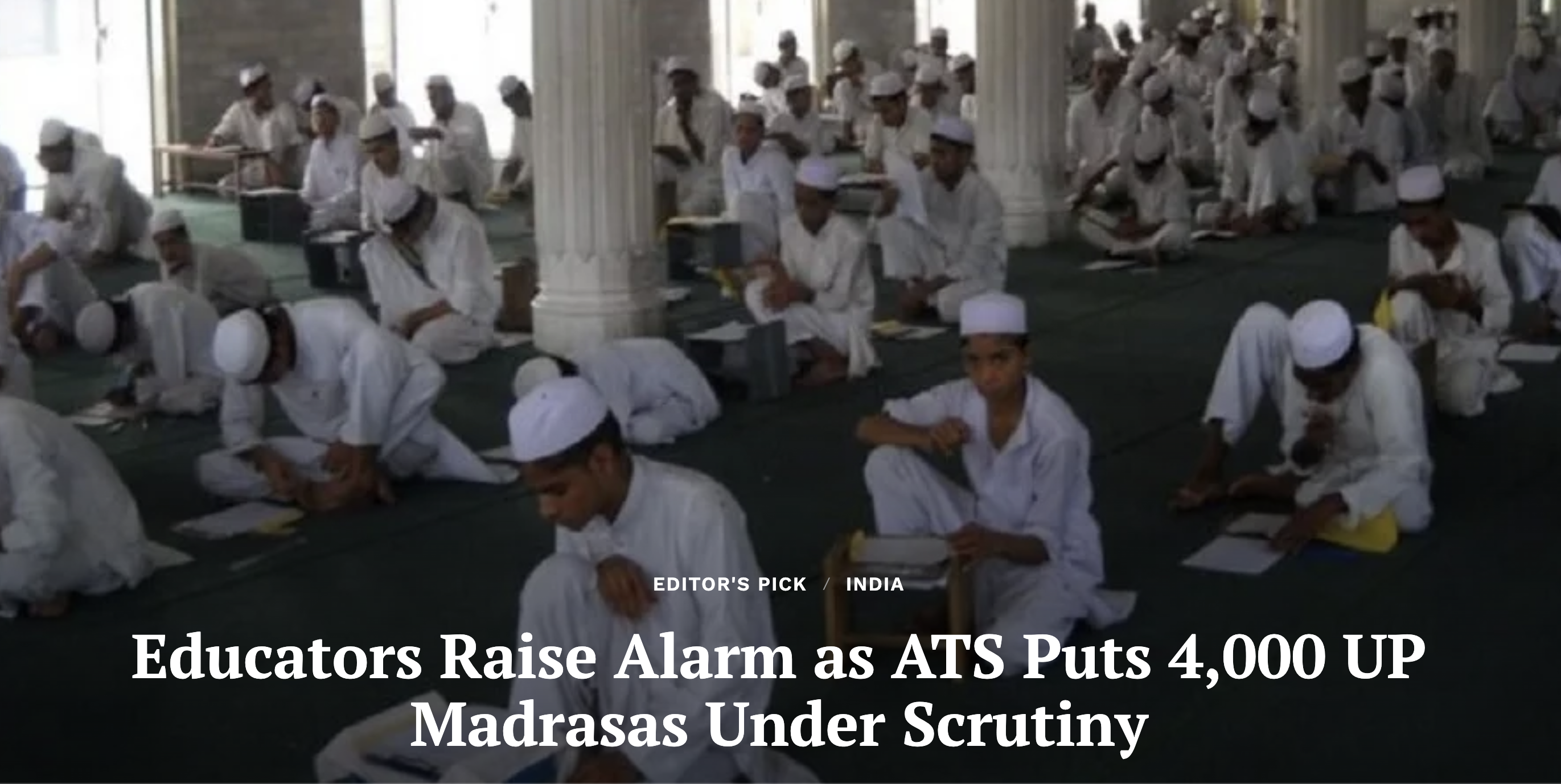
By Jehangir Ali
Srinagar: Free speech campaigners and legal experts have slammed the Jammu and Kashmir administration for using a controversial law to ban virtual private networks (VPN) and arbitrarily detain violators, calling it a direct attack on individual freedoms and the right to information.
Allegations of the executive’s arbitrary use of emergency powers surfaced after the administration in Doda district of the Chenab valley detained an unspecified number of residents under “technical surveillance” who were found to be using VPNs .
In an order on May 2, which was issued in the aftermath of the Pahalgam terrorist attack, Doda’s deputy commissioner Harvinder Singh imposed a ban on VPNs, citing “serious threat to public order, tranquility, and national security”.
The two-month ban was imposed under section 163 of the Bharatiya Nagarik Suraksha Sanhita, 2023 (BNSS), the new version of the controversial section 144 of The Code of Criminal Procedure which grants emergency powers to a magistrate to regulate communication or public movement.
‘By its very terms, unconstitutional’
Legal experts argued that the use of VPNs was not illegal in the country and invoking section 163 of BNSS, a vestige of India’s colonial rule, to regulate information and curtailment of individual liberties could deal another blow to the country’s democratic credentials.
In a press statement on May 16, the Doda district police said that it has detained “several individuals” for “bypassing internet restrictions” by using VPNs.
This story was originally published in thewire.in. Read the full story here.






